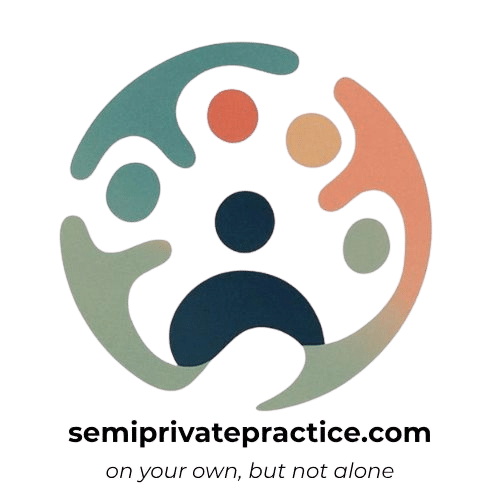How to Stop Procrastinating and Become More Productive
The deadline is approaching and you are working furiously to get your project finished and turned in on time. As you work, you curse yourself for putting yourself in this position yet again. But even though you know it’s your own fault, you can’t quite pinpoint where you went wrong. How did you lose your focus or forget? How did the deadline sneak up on you when you were so sure you could complete it this time last week?
It’s clear that something needs to change, but it’s not so clear what that something is. Maybe it was the excessive amount of time “mentally preparing” and brainstorming. Maybe it was the re-prioritization of your to-do list – for the third time this week. Maybe you got lost in a doom scroll through TikTok or Facebook or Instagram. And don’t forget the coffee breaks and extra trips to the bathroom!

Procrastination is a problem that a large percentage of the population struggles with. Some research says that up to 95% of us procrastinate to some degree. But while it’s nice to know you’re not the only one, it’s incredible – and sobering – to realize how much it could be holding you back in your career and your personal life. So let’s talk about how to fight procrastination and become more productive!
How to Stop Procrastinating
The strategies that work for you will depend on the kind of procrastination you’re dealing with. All procrastination is a habit – something your brain has learned that you can do and get away with. But it can easily become a vicious cycle of shame, guilt, anxiety, and depression. If you already have depression, anxiety, ADHD, OCD, or other mental illness, it can amplify the scale and consequences of your procrastination immensely. Try a few of these strategies and see what works for you.
Acknowledge That You’re Procrastinating
If you are briefly pausing a task for a genuine reason, you may not actually be procrastinating. Dealing with something more urgent, dealing with an emergency, etc. is not procrastination. Procrastination is putting something off indefinitely or switching to another activity to avoid doing something you don’t want to do.
Still having a hard time telling the difference? Here are some classic signs of procrastination:
- You fill your time with low-priority tasks (organizing, reading over old materials, making lists)
- You leave an item on your to-do list for days, weeks, or months – even though it’s actually important
- You start your task and then wander off to make coffee, go to the bathroom, or check a text
- Ask other people if there’s anything you can do to help them instead of completing your important task
- Tell yourself you have to be in the “right frame of mind” to get started
Discover Why You’re Procrastinating
Is the task boring or unpleasant? Do you not have everything you need? Do you not understand how to complete the task and fear asking for help or clarification this late in the game? Do you fear failure – or success for that matter? Are you a perfectionist?
Sit down with yourself and really try to figure out why you’re procrastinating. Understanding why can often show you what you need to do to get going again.

Please note that while procrastination is a bad habit for some people, chronic procrastination can be a sign of ADHD, depression, OCD, or anxiety. If your procrastination is a symptom, these strategies are limited in how they can help you. Speak to a licensed counselor about how to diagnose and combat your mental illness.
Adopt a Strategy
There are many strategies that can help you stop or lessen procrastination. Which ones work for you will depend on why you are procrastinating and your individual personality:
- Forgive yourself for procrastinating in the past – shame builds on itself and eventually, you can convince yourself that you’ll never get anything done – this is just who you are. Recognize the lie, forgive yourself, and move on.
- Commit to the task – focus on doing rather than how you’re procrastinating. Set deadlines for each portion of the task and then stick to them.
- Reward yourself – we all respond well to positive reinforcement. If you finish your paper you get a cookie. When the project is finished you can watch your favorite movie. You get the idea.
- Accountability – ask a friend or a spouse or a coworker to check in on you and see if you’ve completed your task. Knowing someone will ask will help you get it done.
- Change your language – instead of exerting pressure on yourself and giving yourself a way to rebel against expectations by saying “I have to” or “I need to” or “I should”, try saying “I choose to”. Your brain loves to do what you want to do.
If you’re still struggling with procrastination and productivity or your habits are causing you chronic stress, call Chenal Family Therapy. We’ll schedule an appointment with one of our talented and compassionate mental health professionals. They may be able to help you develop a strategy or provide you with a diagnosis if necessary.
SemiPrivatePractice, LLC is a peer-support coaching organization for therapy practices, founded by former CFT CEO Ken Clark, LMFT




